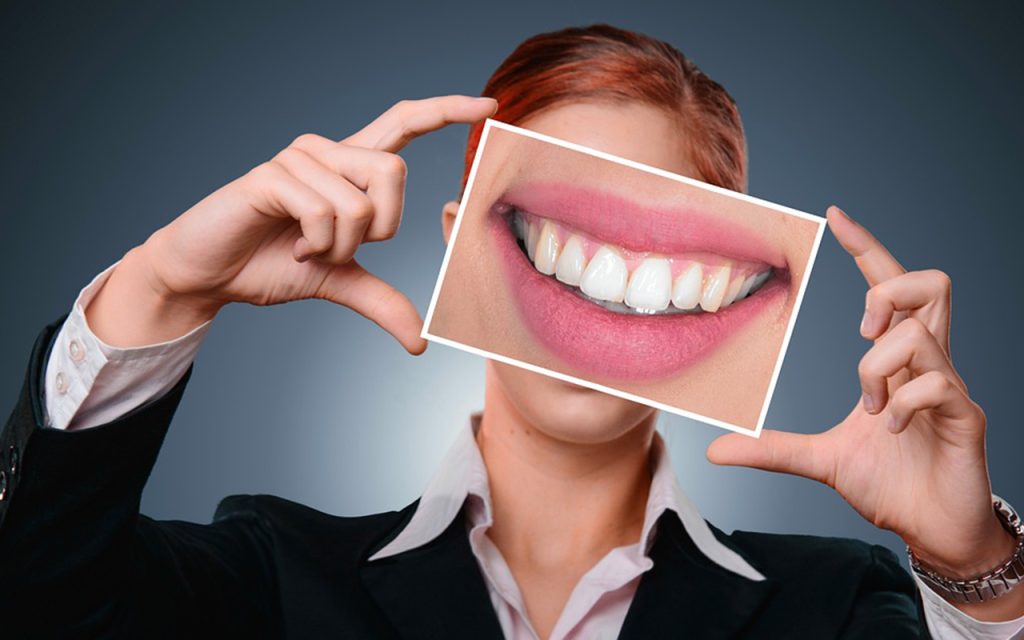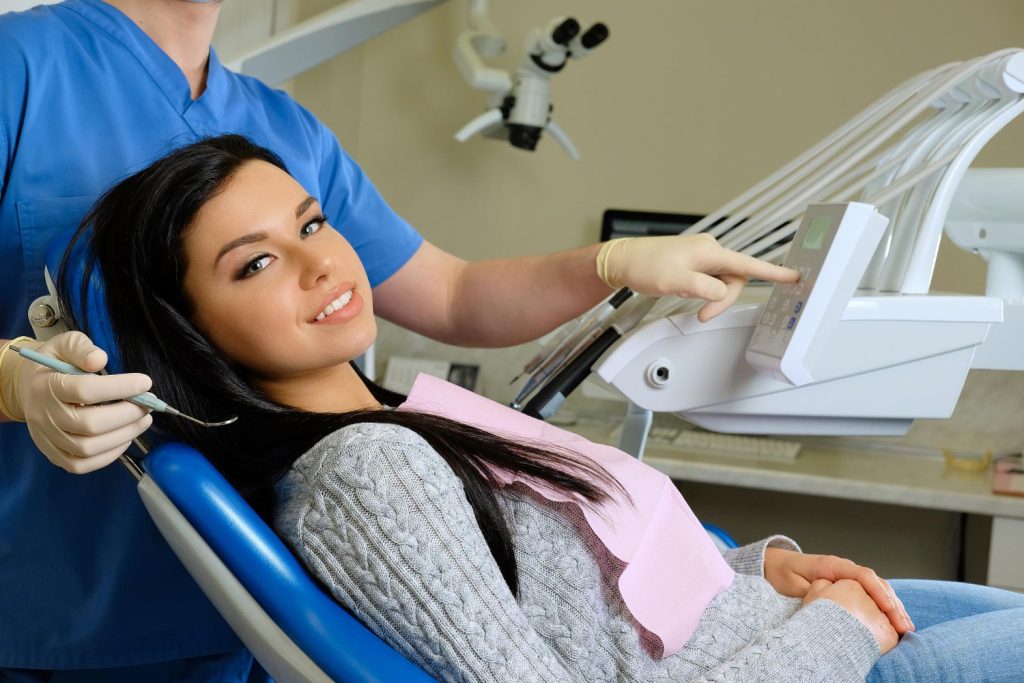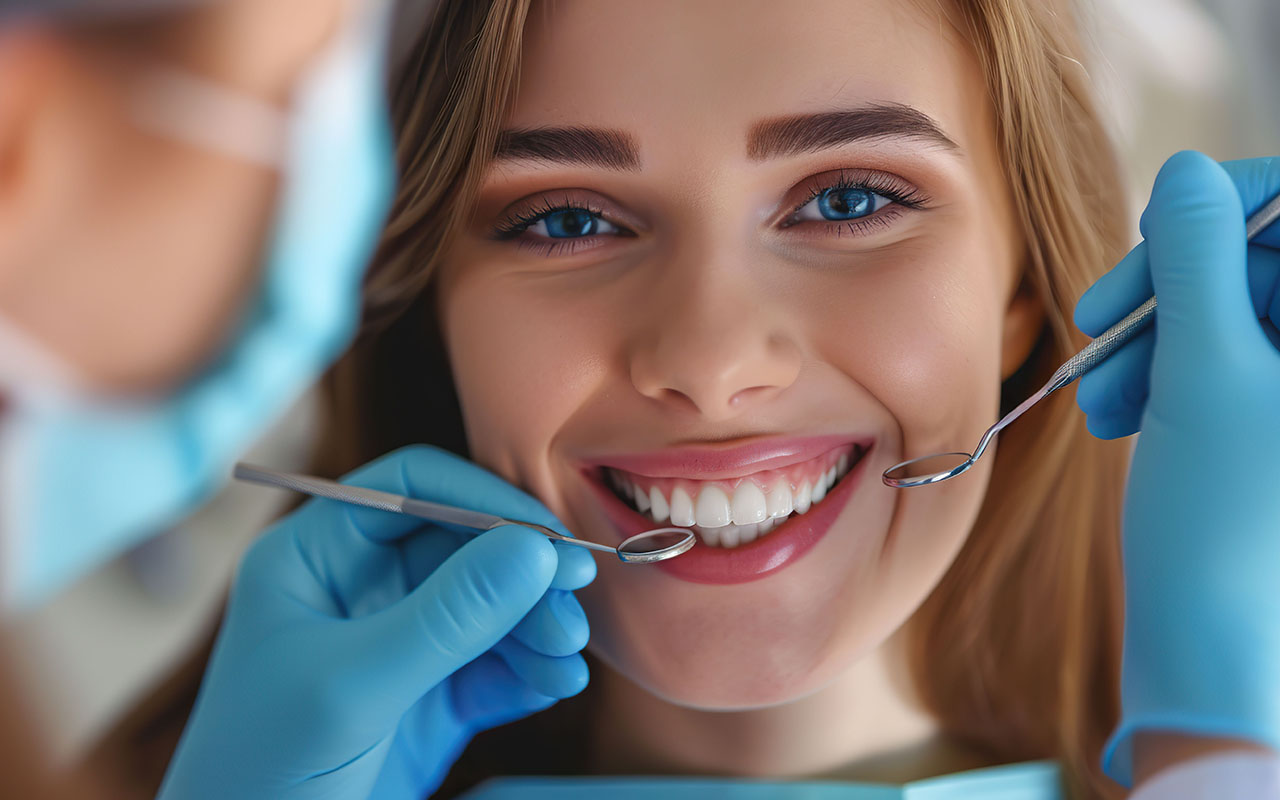What Is The Aftercare Process For Dental Tourists in Turkey? Tips For You.
Dental Tourism in Turkey
Dental tourism has gained significant popularity over recent years, with many individuals traveling abroad to receive high-quality dental treatments at a fraction of the cost they would incur back home. Turkey, in particular, has emerged as a prominent destination for dental procedures, attracting patients from all over the world. With its advanced dental technology, skilled professionals, and affordable pricing, Turkey offers a compelling option for those seeking both cosmetic and essential dental care.
Why Choose Turkey for Dental Work?
One of the primary reasons people choose Turkey for dental work is the cost savings. Dental procedures in Turkey can be up to 70% cheaper than in Western countries, allowing patients to receive top-notch treatment without breaking the bank. Additionally, many dental clinics in Turkey employ highly trained professionals who have received education and training from esteemed institutions worldwide. This combination of affordability and quality makes Turkey an attractive option for dental tourists.
Furthermore, Turkey’s rich cultural heritage and stunning landscapes provide patients with the opportunity to combine their dental treatments with an unforgettable travel experience. From the bustling streets of Istanbul to the tranquil beaches of Antalya, patients can explore the country while undergoing necessary dental work, turning what might otherwise be a stressful procedure into a mini-vacation.

The Rise of Dental Tourists
The rise of dental tourists can be attributed to several factors. Increased availability of information through the internet allows patients to research options far beyond their local area. The ease of travel, facilitated by budget airlines and competitive packages, has also made it simpler for patients to seek treatment abroad. Moreover, the COVID-19 pandemic thrust individuals to reassess their priorities, with many choosing to invest in their health and well-being.
This growing trend has led to a surge in the number of dental clinics and practices specializing in catering to international patients. Many establishments now offer comprehensive packages that include not just dental procedures but also accommodation, transportation, and even sightseeing tours, making the entire experience seamless and enjoyable.
Understanding Aftercare: The Key to Successful Recovery
What is Aftercare?
Aftercare refers to the ongoing care and supportive measures patients take following a medical or dental procedure. It plays a crucial role in ensuring a successful recovery and the long-term health of the treated area. For dental tourists, understanding the aftercare process is essential, as it can significantly impact the outcome of their treatment.
Aftercare may vary depending on the nature of the dental procedure performed, but it generally includes a combination of pain management, dietary restrictions, oral hygiene practices, and follow-up consultations. Being informed about what to expect during the recovery phase is vital for achieving optimal results.
Importance of Aftercare for Dental Tourists
For dental tourists, aftercare is particularly important due to the unique challenges associated with traveling abroad for treatment. Unlike patients who have their procedures done close to home, dental tourists may not have immediate access to their dentist for follow-up care. This makes it imperative for them to take proactive steps in managing their recovery.
Effective aftercare can help prevent complications, reduce discomfort, and ensure the longevity of dental work. Patients who adhere to aftercare guidelines are more likely to achieve successful outcomes and enjoy their new smiles for years to come. Ultimately, understanding and implementing proper aftercare is an essential component of the dental tourism experience.
Step-by-Step Aftercare Process After Dental Work
1. Immediate Post-Procedure Care
Immediately after your dental procedure, it is crucial to follow the specific instructions provided by your dentist. This may include resting for a few hours to allow your body to start the healing process. It is common to experience some bleeding, swelling, or discomfort in the first 24 hours following your procedure. Keeping your head elevated and applying gauze to the treated area can help minimize bleeding.
Additionally, you may be advised to avoid certain activities, such as vigorous exercise and consuming hot foods or drinks, for the first day. Following these guidelines will help ensure that your recovery begins on the right foot.
2. Managing Pain and Discomfort
Pain and discomfort following dental procedures are perfectly normal, especially in the first few days. Your dentist will likely prescribe pain relief medications or recommend over-the-counter pain relievers to help manage your discomfort. Be sure to follow the recommended dosage and schedule for any medications to ensure effective pain management.
In addition to medication, applying a cold compress to the outside of your face can help reduce swelling and numb the area, providing additional relief. If pain persists or intensifies, it’s essential to contact your dentist for further guidance.
3. Dietary Recommendations
Your diet plays a crucial role in your recovery after dental work. For the first few days, it’s advisable to stick to a soft food diet, avoiding hard, crunchy, or sticky foods that could disrupt the healing process. Foods like yogurt, applesauce, mashed potatoes, and smoothies are excellent choices during this time.
As you begin to feel better, you can gradually reintroduce more solid foods into your diet. However, it’s essential to continue avoiding anything too hot or cold, as your mouth may still be sensitive during the early stages of recovery.
4. Oral Hygiene Tips
Maintaining proper oral hygiene is vital for a successful recovery. However, after certain dental procedures like extractions or implants, you may need to modify your routine temporarily. Your dentist will provide specific instructions on when and how to brush your teeth and use mouthwash.
In general, you should avoid brushing the treated area for at least 24 hours post-procedure. After that, gently brush your teeth, being careful around any sensitive spots. Rinsing with warm salt water can also help keep your mouth clean and reduce the risk of infection.
5. Follow-Up Appointments
It is essential to schedule follow-up appointments with your dentist after returning home. These visits allow your dentist to assess your recovery progress and address any potential issues. While many dental tourists may feel tempted to skip these appointments, they are crucial for ensuring that your dental work is healing properly.
During your follow-up visits, your dentist can provide additional care, adjust your treatment plan if necessary, and answer any questions you may have about your recovery process. Staying in touch with your dental team is vital for achieving the best possible outcomes.
Top Tips for Dental Tourists Regarding Aftercare
Stay Hydrated
Staying hydrated is essential for your overall health and recovery. Drinking plenty of water helps promote healing and keeps your body functioning properly. However, be cautious about consuming beverages that are too hot or too cold during your initial recovery phase, as this can exacerbate sensitivity.
Avoid Hard and Crunchy Foods
As previously mentioned, it’s crucial to avoid hard and crunchy foods in the days following your dental procedure. These types of foods can put unnecessary strain on your healing mouth and disrupt the recovery process. Instead, focus on soft, nourishing options that will support your body as it heals.
Monitor Your Symptoms
Pay close attention to your symptoms after dental work. While some discomfort is expected, it is essential to be aware of any unusual signs, such as excessive bleeding, severe pain, or signs of infection, such as fever or swelling. If you notice anything concerning, do not hesitate to reach out to your dentist for advice.
Use Ice Packs for Swelling
Using ice packs on the outside of your face can significantly reduce swelling and provide comfort during the early stages of recovery. Apply the ice pack for 15-20 minutes at a time, taking breaks in between to avoid frostbite. This simple step can make a big difference in your comfort level.
Communicate with Your Dentist
Finally, maintaining open communication with your dentist is crucial. If you have any questions or concerns about your recovery, don’t hesitate to reach out. Your dental team is there to support you, and addressing potential issues early on can prevent complications down the line.

Conclusion: Enjoy Your New Smile
Dental tourism in Turkey offers a unique opportunity for individuals seeking high-quality dental care at affordable prices while enjoying a beautiful travel destination. The aftercare process is a critical aspect of ensuring a successful recovery and maximizing the benefits of your dental work.
By understanding the importance of aftercare, following the recommended steps, and maintaining communication with your dentist, you can enjoy your new smile and the confidence that comes with it. With proper care, your dental work can last for years, allowing you to make the most of your investment in both your health and your appearance.
FAQs
1. How long does it take to recover from dental work?
Recovery times vary depending on the type of procedure performed. Generally, minor procedures may require a few days of rest, while more extensive treatments may take a few weeks.
2. What should I do if I experience severe pain after my dental procedure?
If you experience severe pain that is not alleviated by pain medication, it is essential to contact your dentist immediately for further evaluation.
3. Can I fly after dental work?
It is generally safe to fly after dental work, but it’s essential to consult your dentist for personalized advice, particularly if you have undergone extensive procedures.
4. When can I return to regular oral hygiene practices?
You should follow your dentist’s recommendations, but generally, you can resume regular oral hygiene practices after the first 24-48 hours post-procedure.
5. How often should I attend follow-up appointments?
Follow-up appointment frequency depends on your specific treatment, but typically, your dentist will schedule visits within a few weeks of your procedure to monitor recovery progress.

